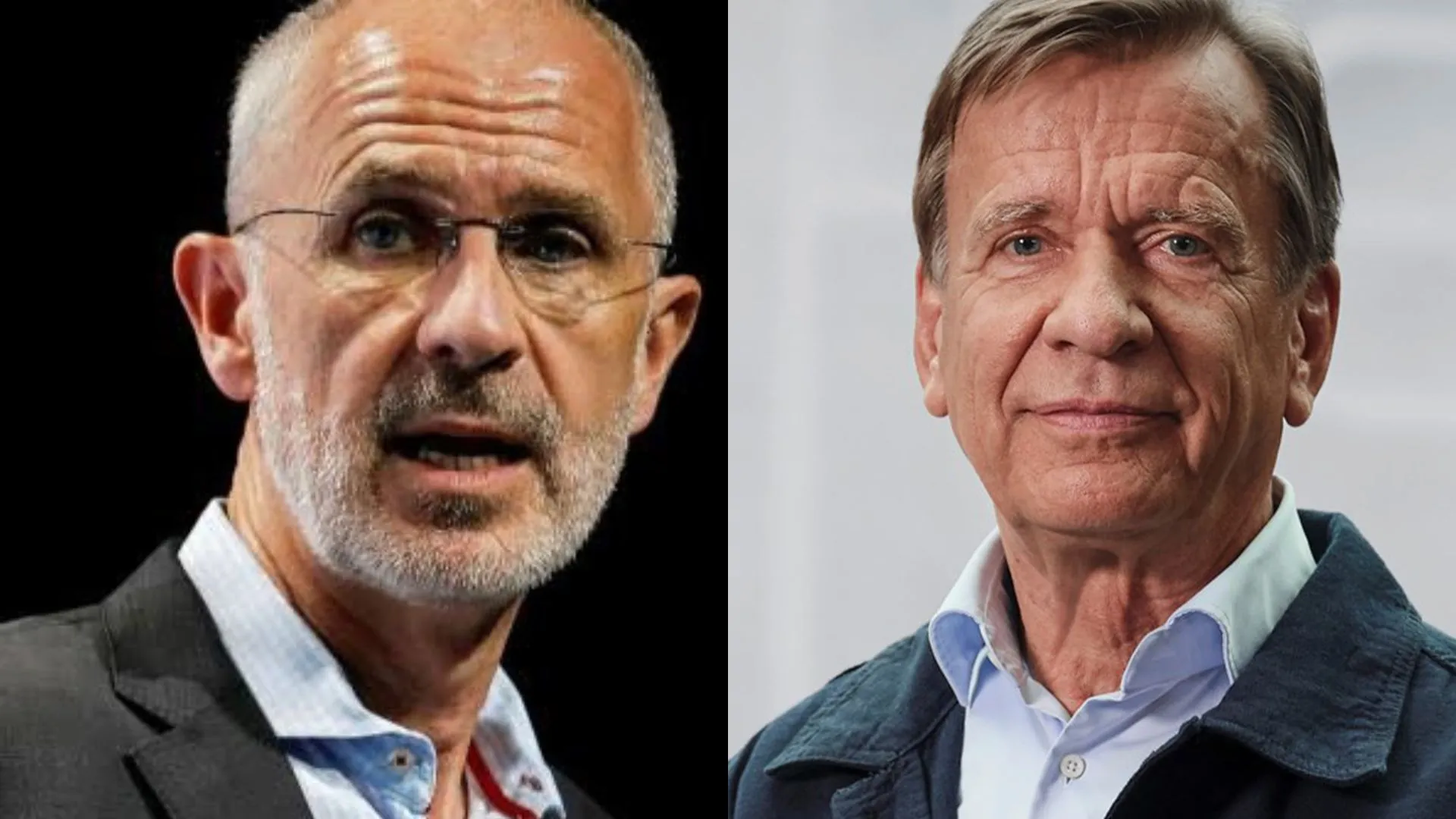The European Union’s proposal for tariffs on Chinese electric vehicles (EVs) has faced significant backlash from both member states and leaders in the automotive industry, who warn that such measures could ultimately harm the EU’s competitiveness.
While the European Commission claims to have garnered necessary support from member states, 12 countries abstained from the vote and five opposed it. The Commission has also urged both sides to seek alternative solutions.
OPPOSITION FROM MEMBER STATES
Germany led the criticism, with Finance Minister Christian Lindner stating, “Tariffs on Chinese electric cars would be wrong. We need to negotiate with China—trade wars only lead to losses.” This sentiment was echoed by Chancellor Olaf Scholz, who advocated for continued negotiations.
Hungary voted against the tariffs, with Prime Minister Viktor Orban describing the EU’s actions as fostering an “economic Cold War.” Slovenia’s economy minister, Matjaz Han, warned of the “too high a price” for Europe and called for enhanced economic cooperation with China.
Finland abstained from the vote, with foreign ministry official Jukka Kuurma expressing skepticism about the alleged harm from “so-called” Chinese state support for the EV sector. He emphasized that import tariffs might not serve the EU’s overall interests. Spain also abstained, with Economy Minister Carlos Cuerpo stating the decision aimed to keep negotiations with China open.
INDUSTRY OUTCRY
The automotive industry has reacted strongly against the proposed tariffs, cautioning that they could undermine local car manufacturers and harm consumer interests. Hildegard Muller, president of the German Association of the Automotive Industry, framed the vote as a move away from global cooperation.
Volkswagen called for negotiations, stating that the tariffs would not enhance the competitiveness of the European auto sector. BMW CEO Oliver Zipse labeled the vote a “fatal signal” for the industry, urging a quick resolution to avoid a detrimental trade conflict. Mercedes also expressed concerns, noting that punitive tariffs could weaken long-term competitiveness.
Industry insiders argue that the tariffs would ultimately disadvantage European consumers. Hrvoje Prpic, president of the Croatian Electric Vehicle Drivers Association, stated, “Tariffs won’t help anyone; they will only harm European consumers and the countries themselves.”
CALL FOR NEGOTIATION
In response to the EU’s tariff announcement, the China Chamber of Commerce to the EU (CCCEU) expressed disappointment and dissatisfaction, urging the EU to approach the final measures cautiously and prioritize resolving disputes through dialogue.
Holger Goerg, director of the Kiel Centre for Globalization, emphasized the importance of maintaining a cool-headed approach and continuing negotiations between China and the EU.
In a joint statement, Germany’s largest trade union, IG Metall, along with the works councils of major car manufacturers, proposed an alternative CO2-oriented trade support system that would apply to all manufacturers. They asserted, “Tariffs are the wrong approach,” given the future prospects for hundreds of thousands of employees in the German auto industry and its suppliers.























